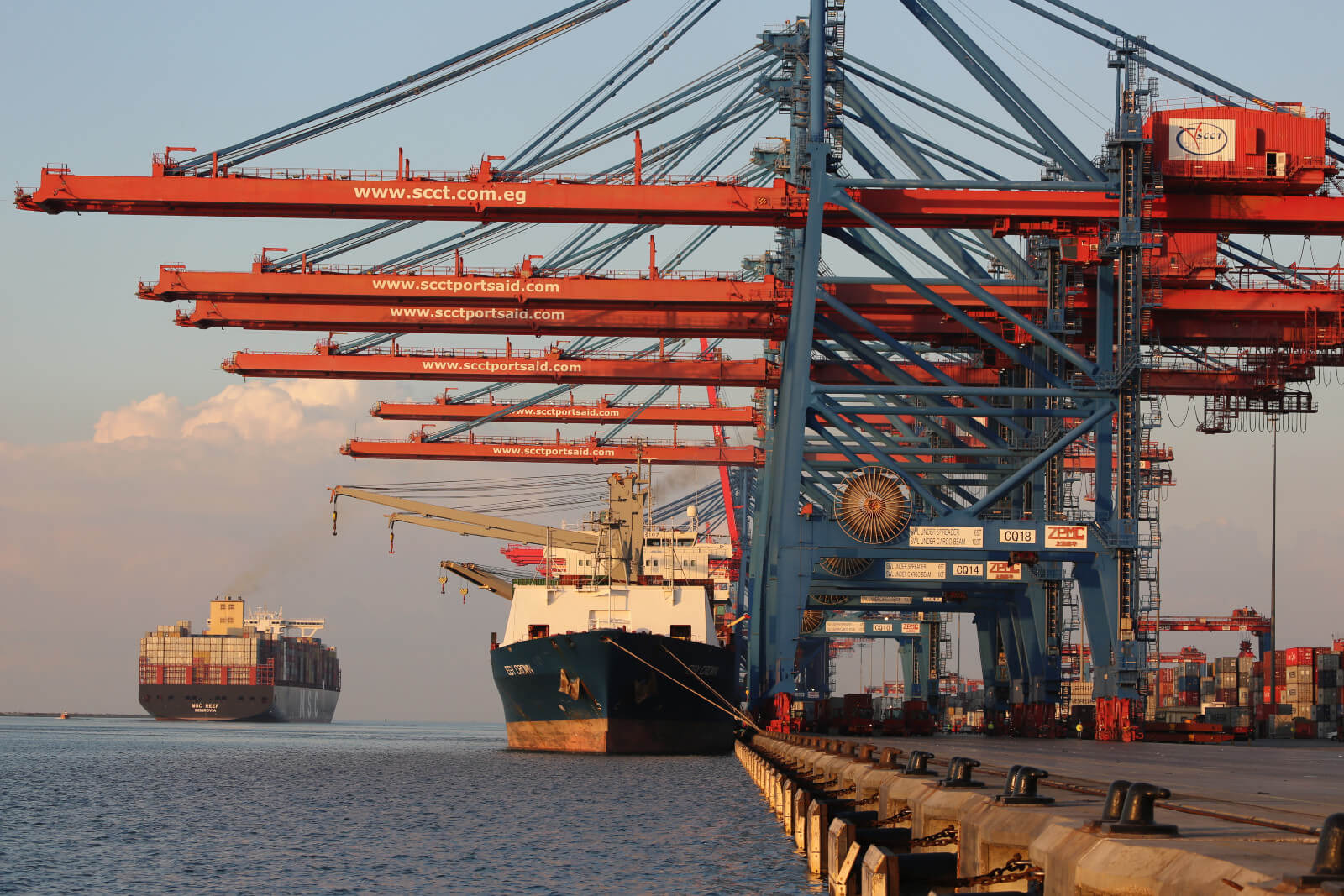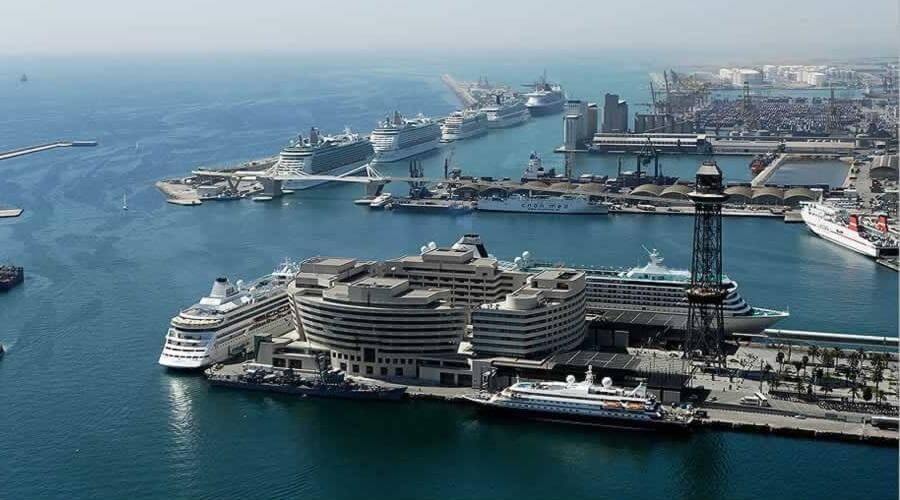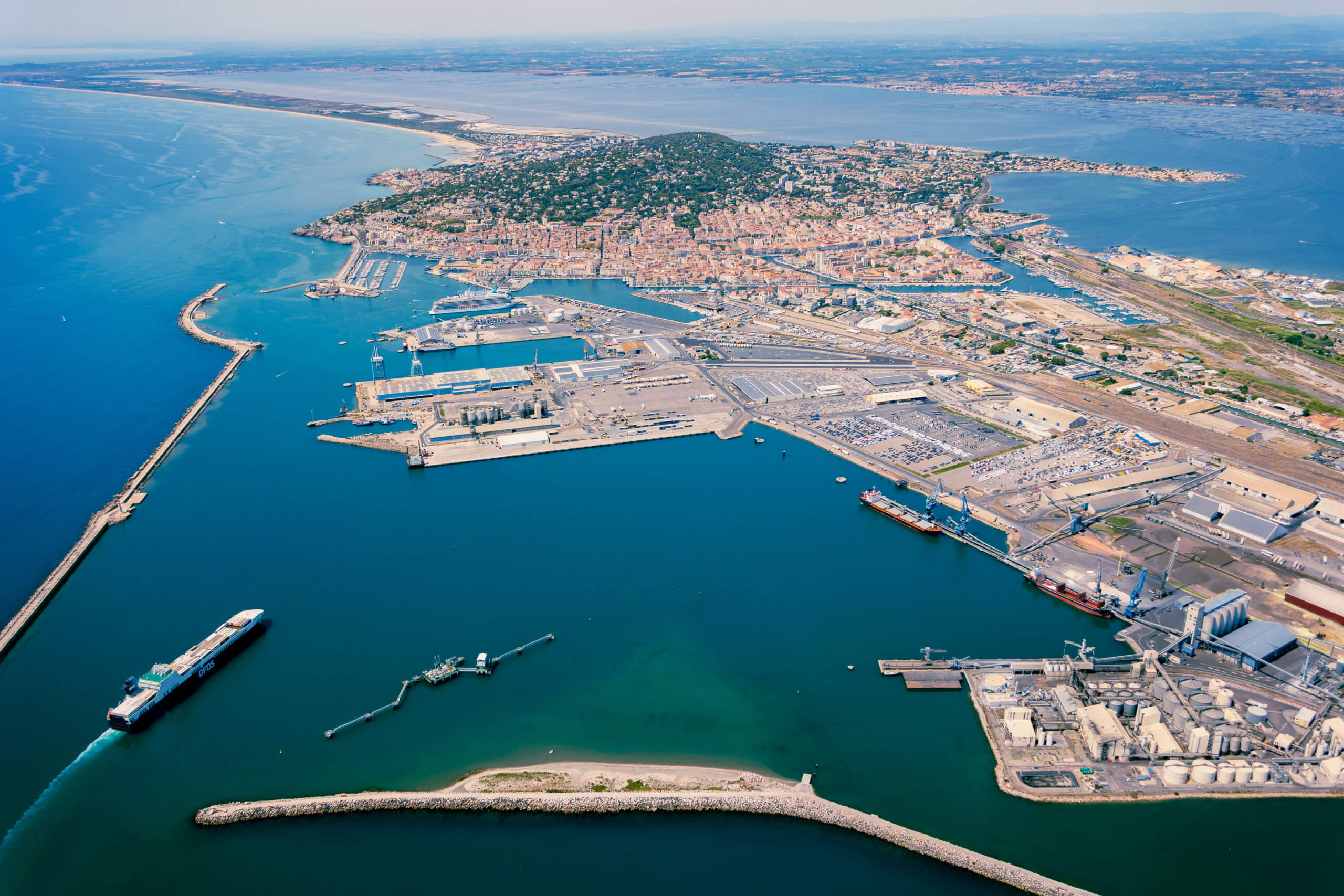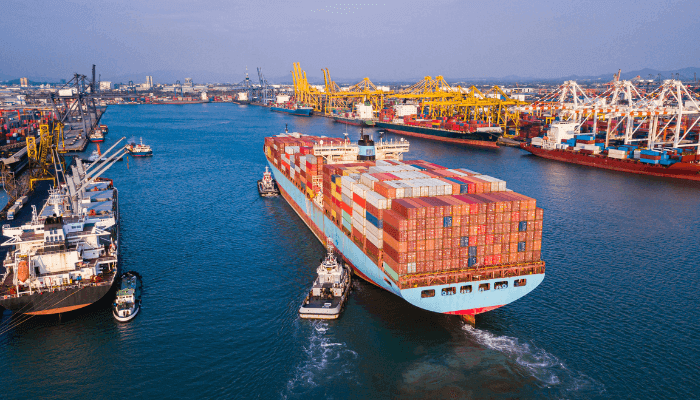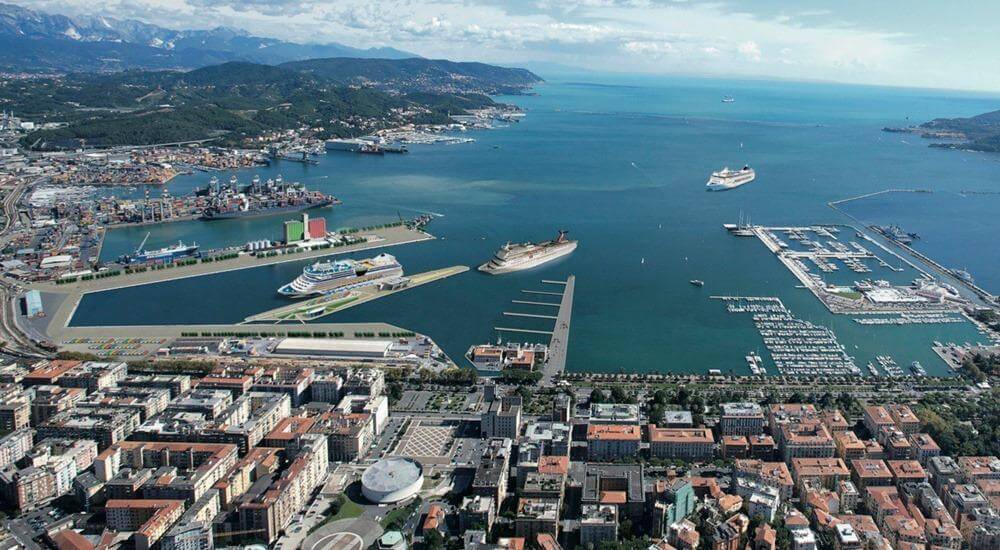MED MOSAIC
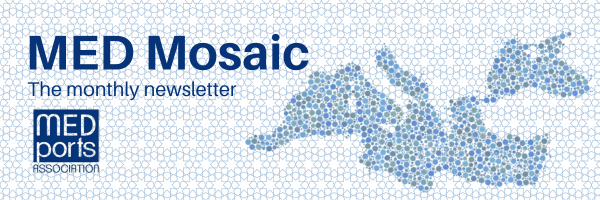
Issue 2
HOT SEAT: The MEDPorts Strategy
Interview with Jordi Torrent – General Secretary of the MEDPorts Association
- From a regional perspective, what are the challenges of Mediterranean ports in the coming years?
We could summarize these challenges in what is known as the 4D: Decarbonization, digitalization, differentiation and de-coupling. The three first topics are well known, so let me focus on the fourth one. We see the world is entering a new era of globalization. I do not believe it is ending, it is just changing its shape. Regional trade will increase in the coming years, and this is a great opportunity for our region. Western and Chinese economies are not integrating anymore and the three blocks (USA, China and EU) are trying to become less dependent. This is fostering intraregional trade, also in the Med. We see exchanges between the northern and southern shores of the Mediterranean increasing and also between East and West Med and East and North Med. The shores of the region, are attracting again industrial projects and this is putting more pressure on the efficiency of ports and maritime services that need to connect these new industrial hotspots with its final costumers. We need therefore to provide resilient infrastructure and competitive services to make our shores and port hubs extremely efficient and continue attracting these industries that are growing in our region.
- What is the working plan of MEDPorts for the next months?
We have three main events planned for the coming months. A seminar in Morocco in mid-December, another one in March in Greece on island ports and our MEDPorts forum in Malta at the end of the first semester next year. In addition, our committees will continue meeting regularly. The Cooperation & Partnership committee in Morocco will meet as well in December and the promotion committee in Greece in March. The Presidency will represent the Association in various international events in the coming months and is attracting new members to the Association. The secretariat is working among other things on the observatory of the multimodality in the Mediterranean and the MEDPorts challenge together with the Promotion Committee.
- You work at the port of Barcelona where the America’s Cup will take place next year. Is there any lesson for the other ports in the region that you can share on the benefits of hosting such an important event?
The America’s Cup in Barcelona next year, has been a great opportunity to speed up projects and ideas we had already. Thanks to the event, we have managed to align much faster the interests of all the stakeholders involved in those projects. Without the event it would probably have taken much longer. It will help us particularly in integrating better the port and the city from a mobility perspective and foster innovation in our port and city of the blue economy and nautical sector. The America’s cup is also a great opportunity for the Port to be better known by the citizenship and correct some misunderstanding about the negative impact of some of its activities.
- We are currently experiencing violent and tragic wildfires in the whole region. In Rhodes, Greece, Sicily, Algeria among other places. Several ports have been affected. How do you see the role of ports in this context?
Before I answer, I would like to express first my condolences to the victims of these fires and my support to the affected communities and countries. These wildfires are a new example of the catastrophic consequences of climate change. The Mediterranean according to most scientists is one of the regions of the planet where the effects of climate change will be (or should we say, are being) more serious. Islands in the region, such as Sicily and Rhodes, can be some of the places more affected in the coming years. This is why our ports need to get prepared and adapt its services and infrastructures for the worst effects of climate change. Resilient breakwaters, generation of renewable energy, OPS, updated emergency plans are some of the initiatives that we can conduct in order to be prepared for some of the effects of climate change and help in fighting it and try to revert it.
